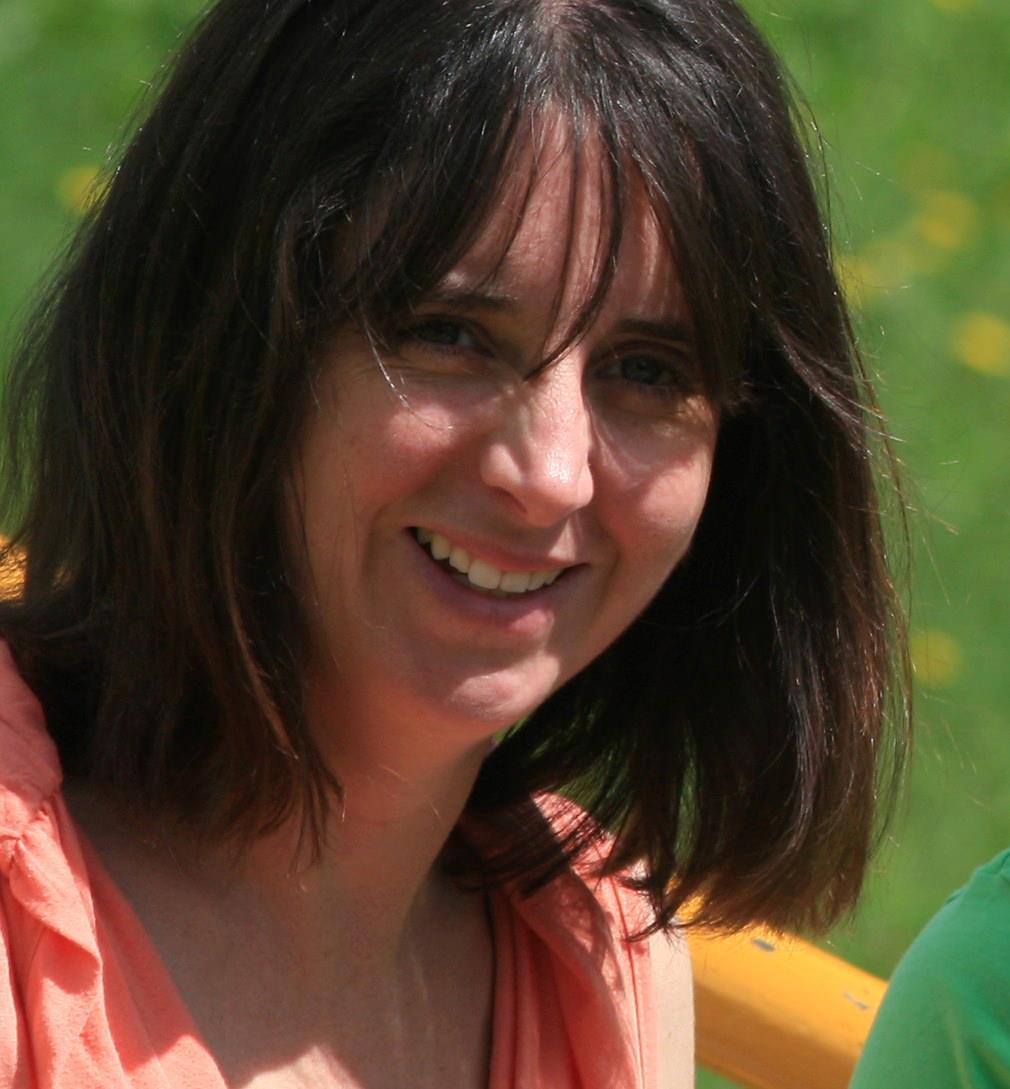
What age range do you work with?
We work with anyone who is studying maths or English from the beginning of Reception to the end of GCSEs, whether that's a child or adult.
If you are returning to education or looking for a promotion at work and studying for a qualification that is GCSE level or equivalent, we will be able to help. Or even if it's just to boost your own confidence or knowledge rather than for a formal qualification, we will always do our best to help.
Over the years the youngest child we have worked with to date was 4. However, we have also worked with a range of adults. Some have been nurses looking to advance, others with exams to enter the police force, another to gain promotion at a school for children excluded from mainstream schools. Someone else who wanted to get into University, another who wanted to join the RAF.
As with all the lessons they can take place either online or at your home.
One of the first adult students I ever worked with was several years back now.
When I first met her, it was the beginning of the summer holidays. She had just sat a maths test at the local college so that she could join the access course with the hope of going to university and becoming an occupational therapist.
Her results apparently had been dreadful, and the college had in no uncertain terms told her to give up and not waste their time. She had begged for them to let her have a second chance. In the end they had given her the duration of the summer holidays to get her knowledge up to par to pass the entrance test.
That was when she got in touch. We had roughly 6 weeks. She is dyslexic, has dyscalculia, and multiple other academic reasons why she shouldn’t pass the test. But I have never seen anyone as committed as what she was.
We mainly played games then after the lessons she would create colourful posters for herself explaining the rules and logic of what we had been learning.
At the end of the holidays, she went back into college and resat the test. The effort she put in was phenomenal, I haven’t given it credit from those few lines. She passed!
That afternoon she arrived at my house with flowers and chocolates, and we continued to work together until she finished the course and went to university. She said she felt so smug sat their knowing that the staff felt she couldn’t do it, and she had.
Her story continues, her journey took her the highest possible highs and the lowest of the lows, but she did it. Despite many, many hurdles she knew what she wanted, stayed focused, never gave up on her dream and made it happen.
She is now a fully qualified occupational therapist and an eternal role model for myself.
